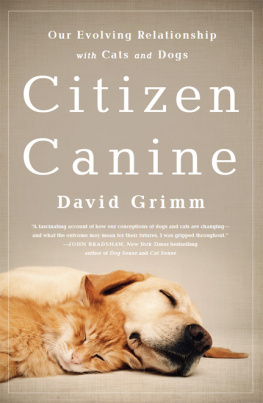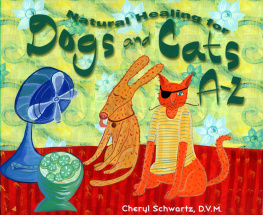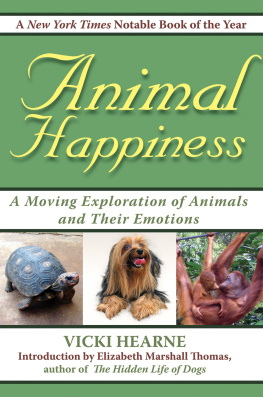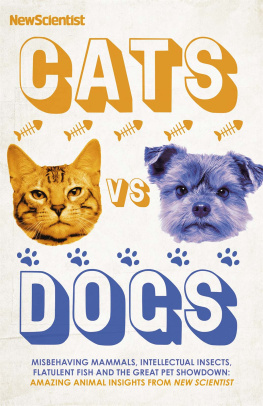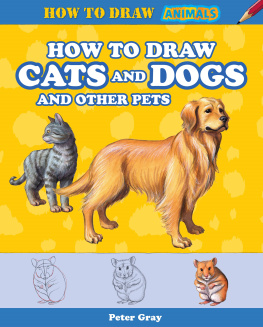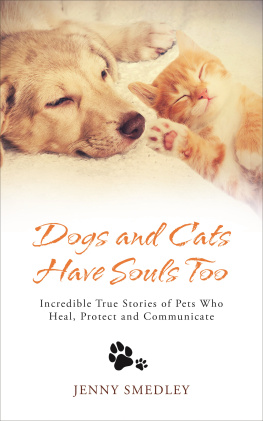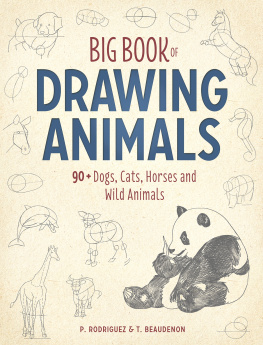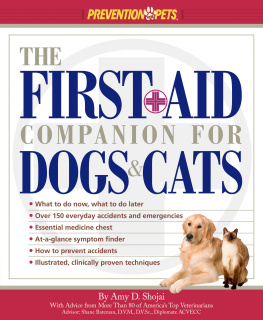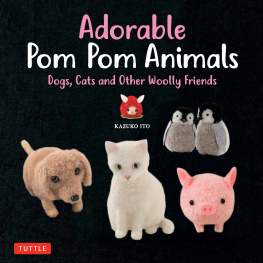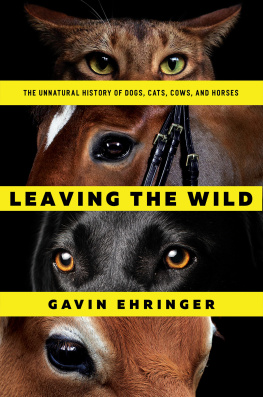Grimm - Citizen canine : our evolving relationship with cats and dogs
Here you can read online Grimm - Citizen canine : our evolving relationship with cats and dogs full text of the book (entire story) in english for free. Download pdf and epub, get meaning, cover and reviews about this ebook. year: 2014, publisher: PublicAffairs, genre: Art. Description of the work, (preface) as well as reviews are available. Best literature library LitArk.com created for fans of good reading and offers a wide selection of genres:
Romance novel
Science fiction
Adventure
Detective
Science
History
Home and family
Prose
Art
Politics
Computer
Non-fiction
Religion
Business
Children
Humor
Choose a favorite category and find really read worthwhile books. Enjoy immersion in the world of imagination, feel the emotions of the characters or learn something new for yourself, make an fascinating discovery.
Citizen canine : our evolving relationship with cats and dogs: summary, description and annotation
We offer to read an annotation, description, summary or preface (depends on what the author of the book "Citizen canine : our evolving relationship with cats and dogs" wrote himself). If you haven't found the necessary information about the book — write in the comments, we will try to find it.
Abstract: Dogs are getting lawyers. Cats are getting kidney transplants. Could they one day be fellow citizens?Cats and dogs were once wild animals. Today, they are family members and surrogate children. A little over a century ago, pets didnt warrant the meager legal status of property. Now, they have more rights and protections than any other animal in the country. Some say theyre even on the verge of becoming legal persons.How did we get here,and what happens next?In this fascinating exploration of the changing status of dogs and cats in society, pet lover and award-winning journalist David Grimm explores the rich and surprising history of our favourite companion animals. He treks the long and often torturous path from their wild origins to their dark days in the middle ages to their current standing as the most valued animals on Earth. As he travels across the country,riding along with Los Angeles detectives as they investigate animal cruelty cases, touring the devastation of New Orleans in search of the orphaned pets of Hurricane Katrina, and coming face-to-face with wolves and feral cats,Grimm reveals the changing social attitudes that have turned pets into family members, and the remarkable laws and court cases that have elevated them to quasi citizens.The journey to citizenship isnt a smooth one, however. As Grimm finds, theres plenty of opposition to the rising status of cats and dogs. From scientists and farmers worried that our affection for pets could spill over to livestock and lab rats to philosophers who say the only way to save society is to wipe cats and dogs from the face of the earth, the battle lines are being drawn. We are entering a new age of pets,one that is fundamentally transforming our relationship with these animals and reshaping the very fabric of society.For pet lovers or anyone interested in how we decide who gets to be a person in todays world, Citizen Canine is a must read. It is a pet book like no other. Read more...
Grimm: author's other books
Who wrote Citizen canine : our evolving relationship with cats and dogs? Find out the surname, the name of the author of the book and a list of all author's works by series.

